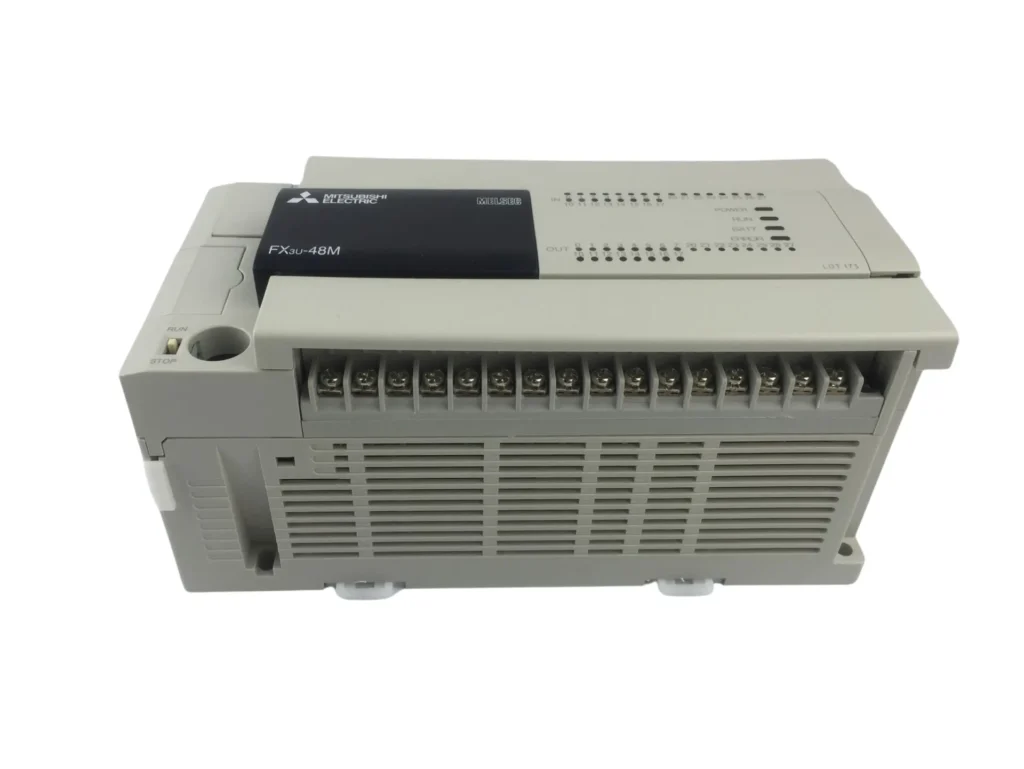What Is PLC and Why Does It Matter to Your Business?
- kwoco-plc.com
- September 1, 2024
- 7:53 pm
Feeling overwhelmed by the constant changes in industrial automation technology? You’re not alone. With the rapid advancement in the industry, keeping up with the latest innovations like PLCs can be a daunting task.
So, what exactly is a PLC, and why is it so crucial in today’s industrial landscape? A Programmable Logic Controller (PLC) is a specialized computer used to control machines and processes in an industrial setting. It’s designed to be robust, reliable, and capable of operating in harsh environments. PLCs are the backbone of modern automation, ensuring that complex tasks are carried out efficiently and safely.
Table of Contents
Understanding PLCs is not just about knowing what they are; it’s about recognizing their role in the automation process. PLCs are responsible for automating a wide range of processes, from simple machines to entire production lines. They are programmable, meaning they can be configured to perform specific tasks, making them incredibly versatile.
But let’s dive deeper into how PLCs work and why they are indispensable in industries like manufacturing, energy, and beyond.
What Makes PLCs So Essential in Industrial Automation?
PLCs stand out due to their ability to handle real-time operations. Unlike regular computers, which may struggle with the rigors of industrial environments, PLCs are built to withstand extreme temperatures, dust, moisture, and electrical noise. This durability makes them ideal for factory floors and other challenging environments.
Moreover, PLCs are incredibly reliable. They are designed to run continuously for years without failure, which is crucial in industries where downtime can result in significant financial losses. But how exactly do these devices function?
How Do PLCs Work?
At their core, PLCs operate on a simple principle: input, process, output. They receive data from sensors (inputs), process this data according to a pre-programmed set of instructions, and then trigger actions (outputs) based on the results. For instance, in a bottling plant, a PLC might control the filling of bottles by turning on a valve when a sensor detects a bottle in position and turning it off when the bottle is full.
The beauty of PLCs lies in their programmability. Engineers like myself can write and modify the programs that dictate how the PLC responds to inputs. This flexibility allows us to tailor the automation process to meet specific needs, ensuring efficiency and precision in operations.
What Industries Benefit Most from PLCs?
You might be wondering, “Where are PLCs most commonly used?” The truth is, their applications are vast. Here are some of the key industries that rely heavily on PLCs:
- Manufacturing: Whether it’s automotive, food and beverage, or consumer goods, manufacturing plants use PLCs to automate assembly lines, packaging, and other processes.
- Energy: PLCs play a critical role in power generation and distribution, helping to manage everything from turbines to transformers.
- Water Treatment: Water and wastewater treatment facilities use PLCs to control pumps, filters, and other equipment, ensuring clean water for communities.
- Mining: In mining, PLCs are used to automate extraction processes, improve safety, and increase productivity.
Why Should Your Business Consider Investing in PLCs?
If you’re in an industry that relies on automation, investing in PLCs can significantly enhance your operations. Here’s why:
- Increased Efficiency: By automating repetitive tasks, PLCs allow your workforce to focus on more complex and value-added activities.
- Reduced Downtime: PLCs are designed for reliability, minimizing the risk of equipment failure and the associated costs of downtime.
- Scalability: As your business grows, your PLC system can be expanded and adapted to meet new requirements without the need for significant additional investment.
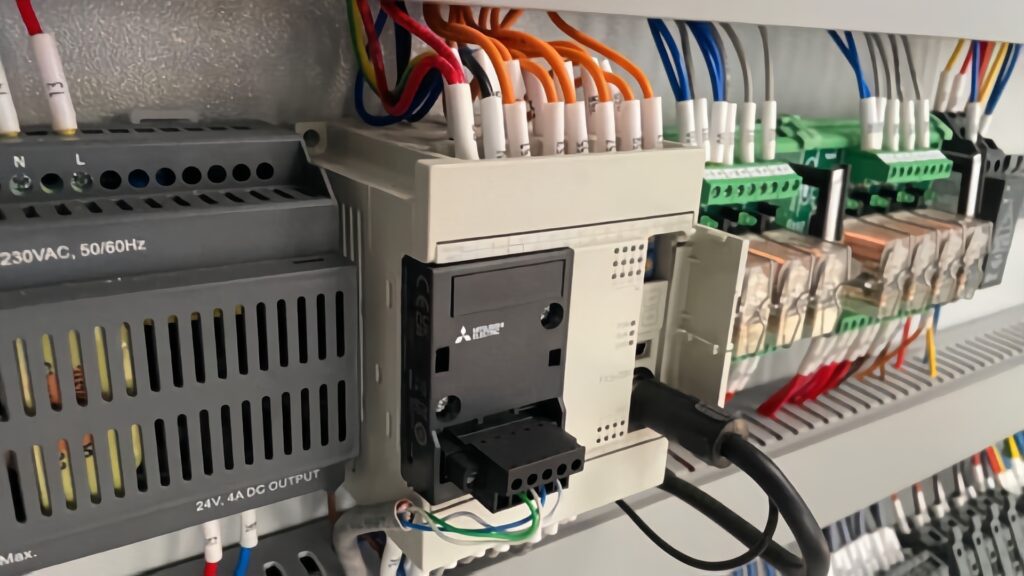
How Do PLCs Compare to Other Automation Solutions?
You might be thinking, “Are PLCs the best choice for my automation needs?” While there are other automation solutions available, such as Distributed Control Systems (DCS) and Human-Machine Interfaces (HMI), PLCs often provide the best balance of cost, flexibility, and reliability for many applications.
PLCs are generally more affordable and easier to program than DCS systems, making them ideal for small to medium-sized operations. On the other hand, while HMIs provide valuable visual interfaces for operators, they are typically used in conjunction with PLCs rather than as a standalone solution.
What Should You Look for When Choosing a PLC?
When selecting a PLC, it’s essential to consider factors such as the complexity of your processes, the environmental conditions where the PLC will be installed, and your budget. Some key specifications to evaluate include:
- Processing Speed: Ensure the PLC can handle the required number of operations per second.
- I/O Capacity: Consider how many inputs and outputs your application will require.
- Memory: Evaluate whether the PLC has sufficient memory to store the necessary programs and data.
By carefully selecting the right PLC for your needs, you can optimize your automation process and achieve better performance and efficiency.
Kwoco offers brand-new, original PLCs at competitive prices.
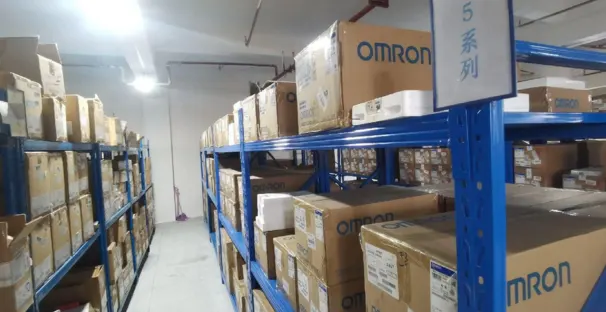
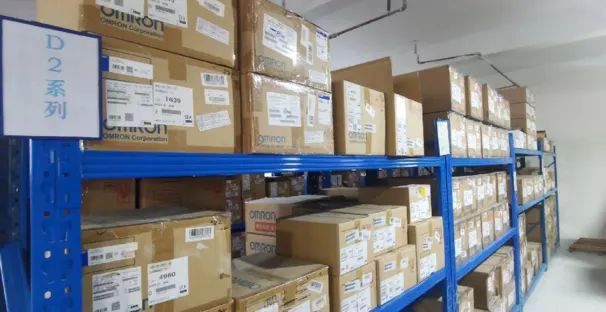
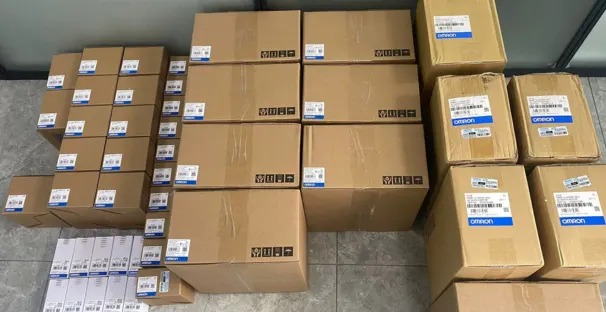
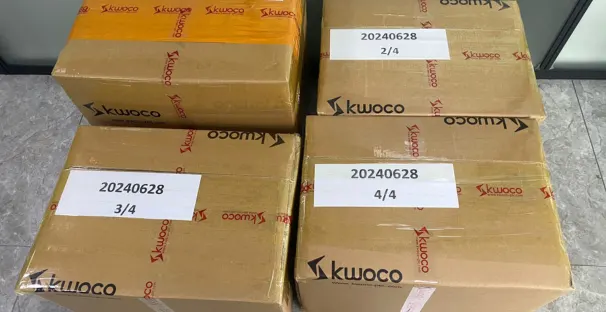
Conclusion
In today’s fast-paced industrial world, understanding and leveraging PLC technology is crucial for maintaining competitiveness. Whether you’re running a factory, managing an energy plant, or overseeing a water treatment facility, PLCs offer the reliability, flexibility, and scalability needed to keep your operations running smoothly.
Kwoco offers a wide range of PLCs from top brands like Omron, Mitsubishi, and Schneider. Contact us ([email protected]) today to find the perfect solution for your needs!
Contact Us
Just fill out your name, email address, and a brief description of your inquiry in this form. We will contact you within 24 hours.
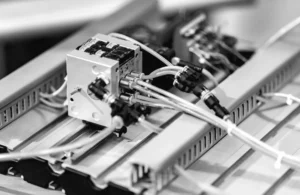
Why Your PLC Needs a Separate Power Supply
Why Your PLC Needs a Separate Power Supply Have you ever wondered why PLC systems often require a separate power
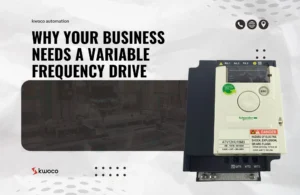
Why Your Business Needs a Variable Frequency Drive
Why Your Business Needs a Variable Frequency Drive When managing industrial operations, optimizing energy efficiency while maintaining performance is crucial.

Why Signal Isolation is Crucial for Omron PLCs?
Why Signal Isolation is Crucial for Omron PLCs? In the world of industrial automation, signal interference is a silent killer.

